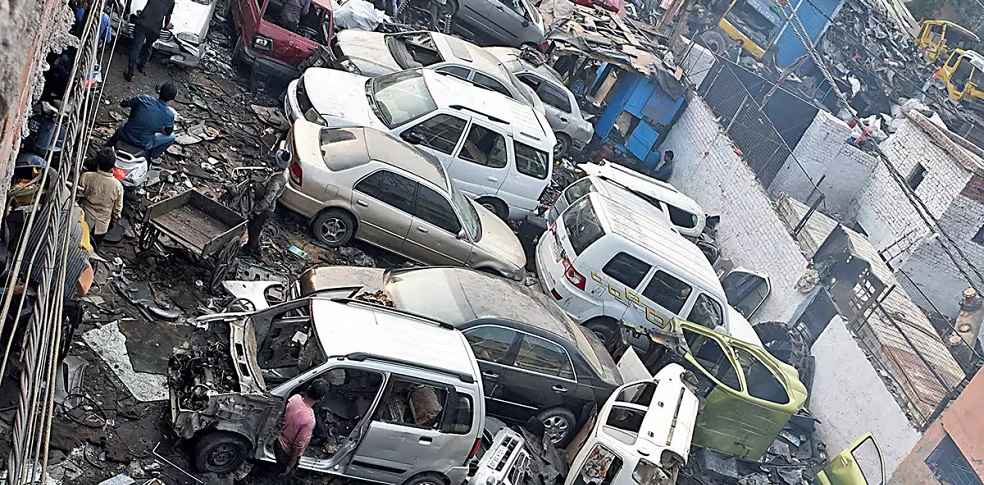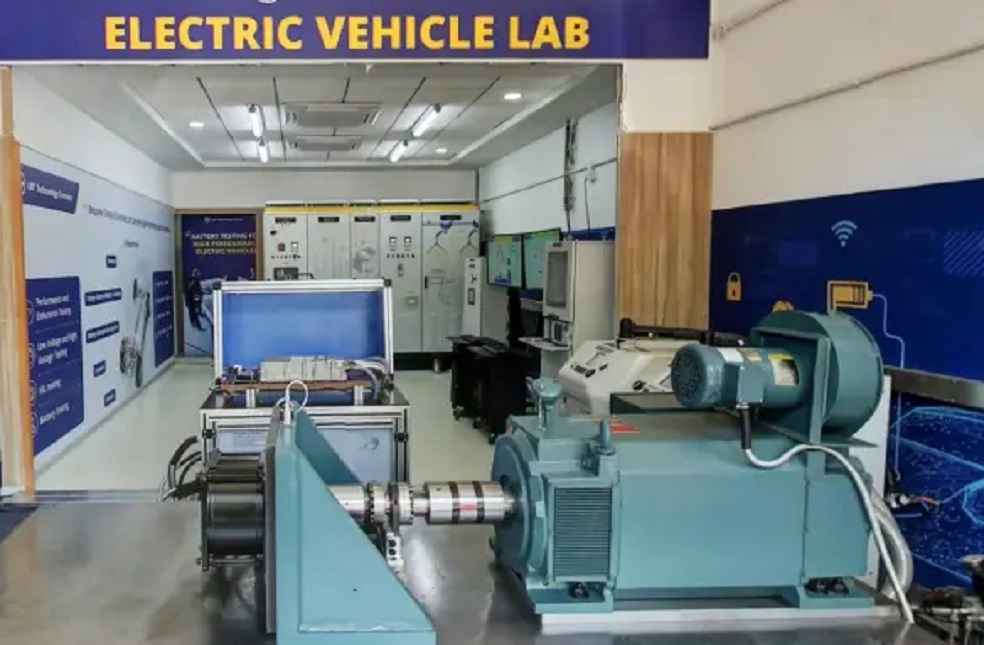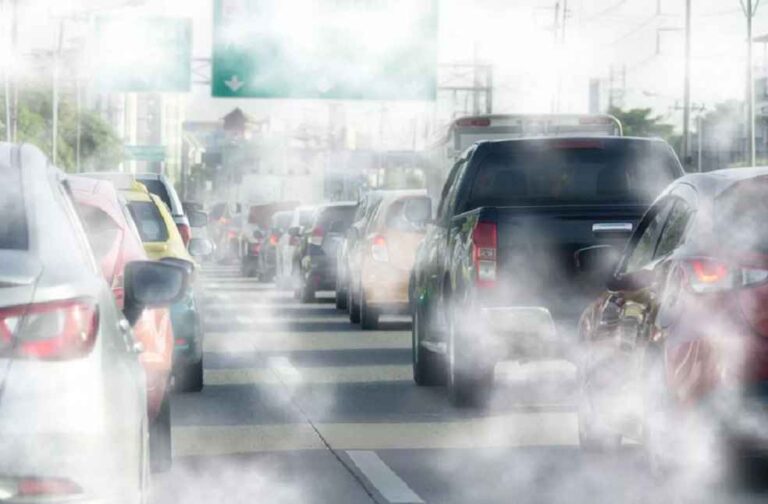A recent report suggests that the Indian government is considering a proposal to ban diesel cars in major cities across the country by 2027. The recommendation comes from a government panel tasked with devising a plan to reduce air pollution and greenhouse gas emissions in urban areas.
According to the panel’s report, the proposed ban aims to promote the use of cleaner fuels and encourage the adoption of electric vehicles (EVs) in India. If implemented, the ban would affect cars that run exclusively on diesel, while those that use petrol or other alternative fuels would not be affected. The ban would be enforced in major metropolitan cities, including Delhi, Mumbai, Bengaluru, and Kolkata, among others.
 In 2021, India ranked third in the world for CO2 emissions, producing around 2.62 billion metric tons of CO2. The transport sector accounted for 14% of the country’s total emissions, with diesel vehicles contributing significantly to air pollution.
In 2021, India ranked third in the world for CO2 emissions, producing around 2.62 billion metric tons of CO2. The transport sector accounted for 14% of the country’s total emissions, with diesel vehicles contributing significantly to air pollution.
The panel’s recommendations come at a time when the Indian government has been actively promoting the transition to electric mobility. Various policies and initiatives have been introduced to encourage the manufacturing and adoption of electric vehicles in the country. These include financial incentives for EV buyers, subsidies for setting up charging infrastructure, and import tax reductions on EV components.
As of 2021, India had around 1.3 million electric vehicles, with sales expected to reach 6.34 million by 2027. The proposed diesel car ban could accelerate this growth and contribute to a reduction in air pollution levels in major Indian cities.
 While some automakers have already started shifting their focus to EVs and other eco-friendly alternatives, others have expressed concerns about the short timeline and potential impact on their business.
While some automakers have already started shifting their focus to EVs and other eco-friendly alternatives, others have expressed concerns about the short timeline and potential impact on their business.
Environmentalists have welcomed the proposal, stating that the ban on diesel cars could contribute to a reduction in air pollution levels in major Indian cities. However, critics argue that the ban alone may not be sufficient to address the air pollution crisis and that a more comprehensive approach, involving the improvement of public transportation and strict enforcement of emission norms, is required.
 The final decision on the proposed diesel car ban is yet to be made. The panel’s recommendations will be reviewed by relevant authorities, after which a decision will be taken on the implementation and timeline of the ban.
The final decision on the proposed diesel car ban is yet to be made. The panel’s recommendations will be reviewed by relevant authorities, after which a decision will be taken on the implementation and timeline of the ban.





